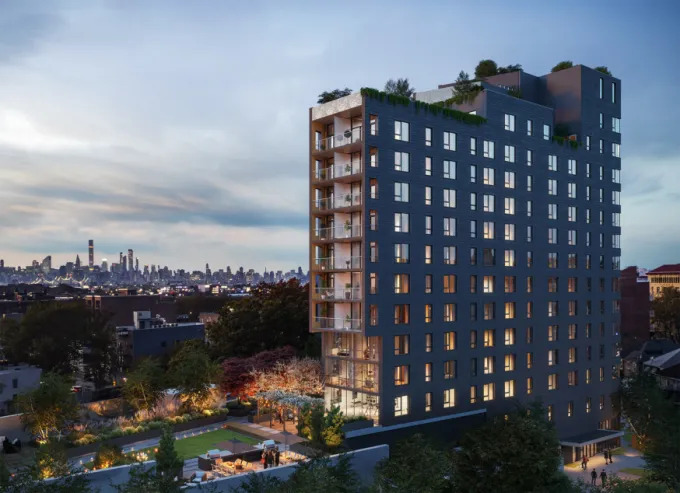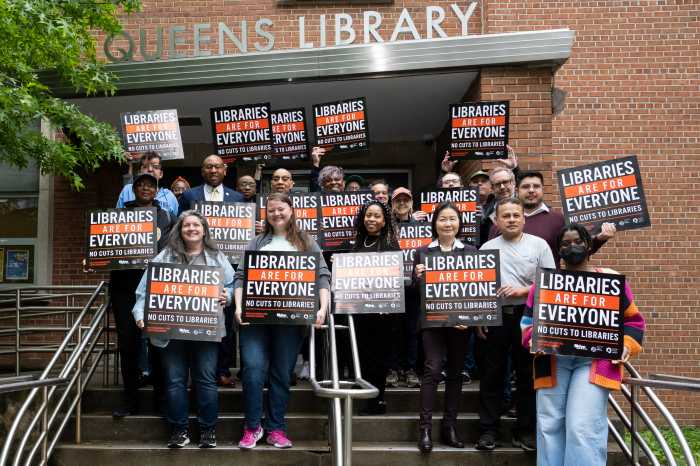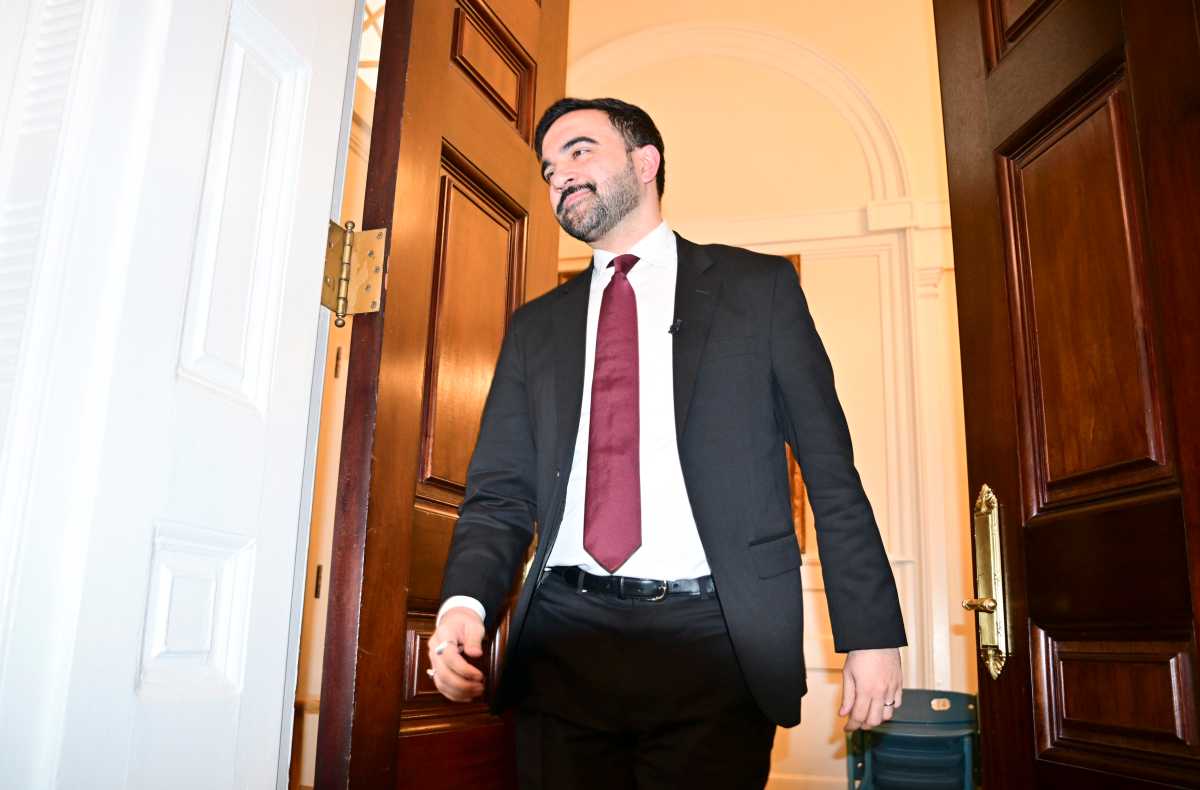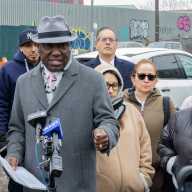Queens Borough President Donovan Richards has announced his conditional support for Mayor Eric Adams’ City of Yes housing plan, which would update the city’s zoning laws and make it easier to build affordable housing units and convert office buildings to housing.
The city estimates that the proposal could produce more than 100,000 housing units over the next 15 years by loosening existing zoning laws, including allowing developers to add 20% more housing in high-density neighborhoods, as long as the additional units are affordable.
The plan would also allow homeowners in low-density neighborhoods to add additional units, known as “accessory dwelling units,” such as backyard cottages and basement apartments, while the plan additionally calls for adding housing above businesses on commercial streets in low-density areas and approving new housing above transit stops.
Richards became the last borough president to weigh in on the contentious proposal on Monday, offering his conditional support for the proposal.
“Queens and New York City as a whole are facing housing and affordability crises the likes of which haven’t been seen in generations. It is abundantly clear that the only realistic solution to these crises is to build more affordable housing as rapidly and strategically as possible,” Richards wrote in his recommendation.
“It is important to recognize that all Community Boards highlighted significant concerns about potential impacts on Queens infrastructure and the need for deeper, affordable housing. Balancing these two critical issues will require thoughtful collaboration and robust commitments from the City and the State.”
Community Boards 1 and 2 have voted in support of the Mayor’s plan with conditions, while Community Board 6 opposed the plan with conditions. Meanwhile, Community Boards 3-5 and 7-14 all voted in opposition to the plan, citing, among other factors, concerns with the City’s sewage, electrical and sanitary infrastructure and concerns with City resources such as school seats and public transportation due to a potential influx of new residents.
Richards’ support for the Mayor’s plan follows a public hearing held on Aug. 8 and includes several recommendations.
The conditional support calls for a commitment from the Department of City Planning to partner with other city agencies to evaluate and publish quarterly public reports regarding the impacts of increased residential density on borough infrastructure. Richards is also calling for the strengthening of housing affordability options for lower-income buyers and promoting additional support for homeownership opportunities.
The borough president has recommended the establishment of a $1 billion fund that would help legalize basement apartments and help bring them up to code, along with a call to remove garage apartments or garage conversions from the plan in locations with existing infrastructure challenges, such as areas at risk of inland flooding.
The recommendations call for end to parking mandates in major transit hubs such as Long Island City and Flushing, as City of Yes proposes. However, Richards argued that parking mandates should still be required in the outer reaches of the borough with limited access to mass transit.
Richards’ conditional approval of the City of Yes housing plan means that four of the five borough presidents in New York City have supported the proposal, with only Staten Island Borough President Vito Fossella coming out against the plan.
Adams described Richards’ conditional support as a “significant milestone” for the City of Yes housing plan.
“Today, our partners in government have proudly said ‘yes’ to becoming a ‘City of Yes,’ and have joined us in taking the necessary steps to tackle our housing and affordability crises head on,” Adams said in a statement on Monday.
Adams added that the city is facing a “once-in-a-generation” housing crisis. A Department of Housing Preservation and Development report released in February stated that New York’s rental vacancy rate hovered at around 1%, the lowest it has been since the 1960s. The report additionally noted that the current housing supply is far from sufficient to match the number of households in the city.
A 2023 planning report for the City of Yes housing plan stated that the city has consistently created barriers to new housing over the past half century, adding that the subsequent housing shortage has simultaneously caused rents to rise and given landlords more leverage.
The City of Yes housing plan will now head to the City Planning Commission for a vote in September before the City Council holds a public hearing on the issue. The City Council is set to vote on the housing plan by the end of 2024.
Annemarie Gray, executive director of housing advocacy non-profit Open New York, said the borough of Queens stands to benefit from every aspect of the City of Yes plan, stating that accessible dwelling units can be especially impactful.
“While denser areas will see more affordable housing with the Universal Affordability Preference, moderate and low-density districts will also see benefits with town-center zoning, the elimination of parking mandates and the reintroduction of accessory dwelling units (ADUs),” Gray said in a statement.
“In low-density communities, ADUs can empower homeowners to add more homes without changing neighborhood character.”


































